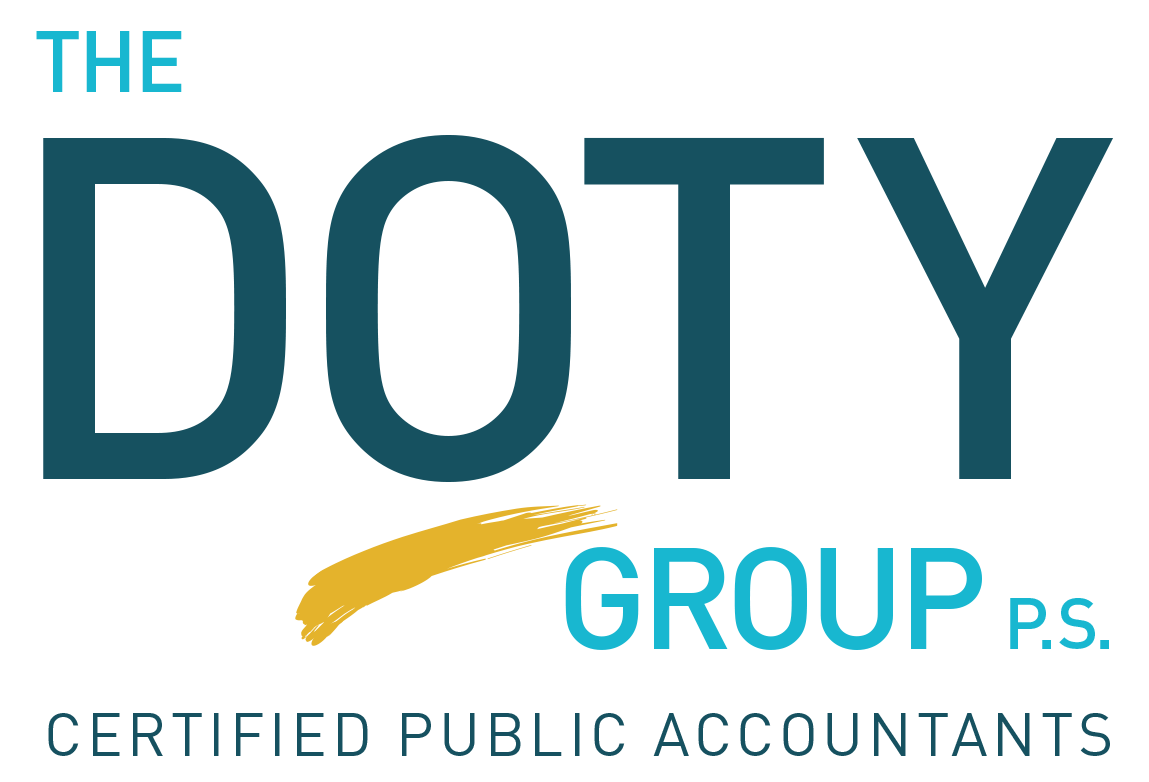How Do Washington's Marketplace Facilitator Rules Affect Your Business?
If you are operating a business in Washington State that uses a third-party platform to make sales, you may have started to receive notices that mention “marketplace facilitators.” Here is some general information that will help you understand how Washington’s marketplace facilitator rules may affect your business.
What is a “marketplace facilitator?”
“A marketplace facilitator is a term of art that many states are using to describe a business that provides a platform for other businesses to sell their products to customers - think any platform you don’t own but that you may sell your products on. Amazon.com, NewEgg.com, WayFair.com, Uber Eats, eBay, etc. are all considered marketplace facilitators under these rules.”
Well, what’s changing?
The benefit of marketplace facilitator platforms is that they give businesses the opportunity to reach customers that they might not have otherwise reached. The challenge is that this larger customer base means business owners now need to deal with collecting and remitting sales tax in multiple location codes across Washington State. While the marketplace facilitator rules get complicated, the effect on the businesses who sell on these platforms is relatively simple and might make tax filings easier.
In short, the marketplace facilitator rules place the burden of collecting and remitting sales tax on the marketplace facilitator rather than the seller. For example, say that you’re a restaurant using UberEats to offer delivery to customers. With these marketplace facilitator rules, UberEats can be responsible for the charging, collection, and remittance of your customer’s sales tax for your sales via the UberEats platform.
Your responsibility is reporting and paying any other excise or transaction taxes on all of your sales, including the sales through the marketplace facilitator as well as the sales tax on any direct sales you have. The taxes which are still entirely your responsibility include but are not limited to: business and occupation taxes (B&O), litter taxes, and any applicable local excise taxes. The marketplace facilitator is only responsible for the sales tax on the sales which went through their platform.
What happens next?
If you use one of these selling platforms and haven’t yet heard from them, you will likely soon be notified of a change in your collection responsibilities, in addition to a change or declaration of the method in which the marketplace facilitator will report sales information to you. The marketplace facilitator is required to notify you when they take on the sales tax collection responsibilities, so you should not change your reporting until you have received confirmation.
Keep in mind that this isn’t a change in the amount of tax being charged, just a change in who is responsible for collecting and remitting the tax. For information on how to report sales through the marketplace facilitators, visit this link to the Washington DOR website here.
Washington State State & Local Tax Expertise & Resources at The Doty Group
Our State and Local Tax (SALT) services help business owners with state and local tax burdens which have a significant impact on a company’s cash flow, risk profile, and future opportunities. Our local and multi-state expertise, industry familiarity, and plethora of resources supply you with a tailored tax strategy. If you have questions about how the marketplace facilitator rules apply to you, click here to be directed to our online inquiry form. We would be happy to assist!
